
This post demonstrates how to combine the use of Apache Spark and LeanXcale to build a simple movie-recommendation engine, taking advantage of the LeanXcale Spark connector and Spark’s machine learning […]

This post demonstrates how to combine the use of Apache Spark and LeanXcale to build a simple movie-recommendation engine, taking advantage of the LeanXcale Spark connector and Spark’s machine learning […]
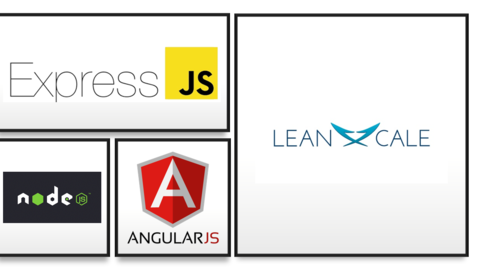
In this post, I will show how we can use the LeanXcale database to build a web application following the MEAN framework, substituting MongoDB by LeanXcale, which gives birth to […]
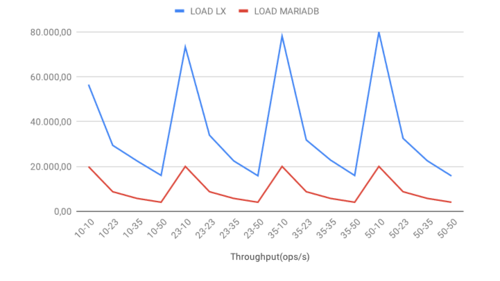
MariaDB is one of the most popular and widely adopted relational databases in the world. LeanXcale is an ultra-scalable relational database that includes NoSQL features to provide high insertion rates. […]
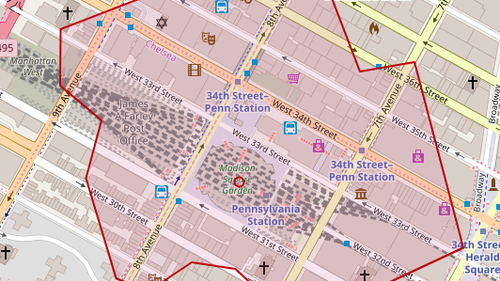
New applications, such as geo-marketing tools, car-sharing, or mobility apps, require handling large data volumes. Traditionally, most applications that require geographical query capabilities use PostgreSQL as a database. However, because […]

KEY CONCEPTS A database is essentially “an organized collection of data.” Of course, this idea of being “organized” holds an entire world within, which is a primary reason why databases […]

In the world of databases, most people have encountered some “hidden” processes executed in the background resulting in the spoiling of performance. Each database technology has its usual suspects. With […]
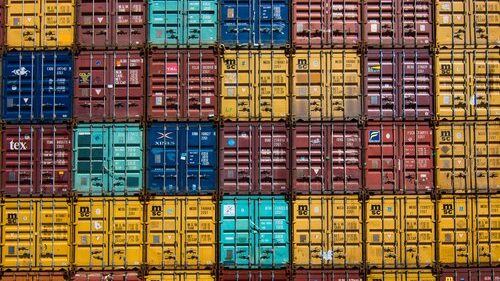
In this post, I show how to set up a local LeanXcale environment using Docker and Docker Compose for development purposes. This is very useful in development environments when we […]

Today, NoSQL databases are widely used with key-value datastores being one of the most used of all database varieties. The key-value database is designed for storing, retrieving, and managing associative […]

INTRODUCTION Today, companies are storing more data compared to years ago, which creates a need for systems capable of storing and processing so much information. The data generated and stored […]
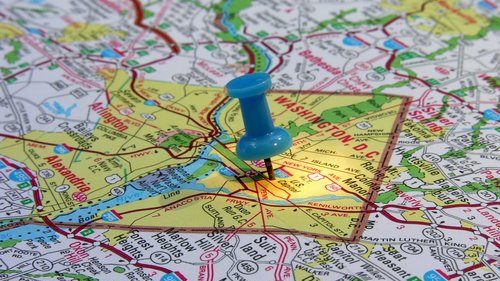
Geospatial data refers to objects (in the wide sense of the object word) that may have a representation on the surface of the earth. These representations can be locations (points), […]